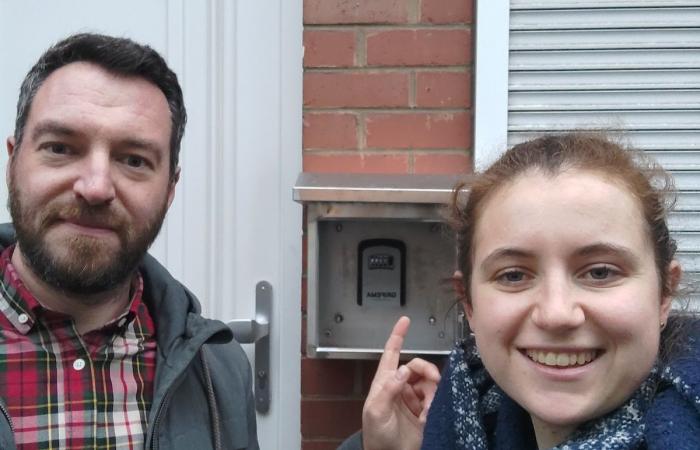In the eyes of Ecolo, the multiplication of these housing “contributes to soaring prices and a reduction in the supply of accessible housing for permanent residents. On the other hand, it is often more profitable for owners to rent their property to tourists than to permanent tenants, without forgetting unfair competition for traditional hotels which create jobs in our city. This situation cannot be ignored, other European cities have already paid the price for too late regulation of tourist accommodation.
Co-hosts, ban in certain cities, long-term rentals: how Airbnb is trying to adapt to new global regulations
According to figures from the FPS Economy, we learn that in 2023, 186,159 nights have been officially listed, reflecting, in the eyes of the city of Mons, the now highly touristy character of the Cité du Doudou. “Officially, because we know that a whole series of accommodations are not included in these statistics, and in particular the data relating to a portion of short-term tourist rentals in accommodation initially dedicated to residential accommodation”, underlines Nicolas Martin (LB), mayor.
A problem common to large cities
“Short-term rentals, in particular via online platforms, have in fact increased significantly since the covid crisis. If they constitute opportunities for hosts and tourists, they can sometimes prove worrying for local public authorities. This which was at the beginning only a way of making profitable part of the unused family home, has given way, in certain cities, to a real business, where investors and agencies take over the largest share of the market and where real estate speculation takes precedence over the economy collaborative.”
Other cities, such as New York, Rome, Florence and Brussels have already taken measures in this area. “But these measures are sometimes drastic and take time to produce their effects. For example in New York where the decisions taken saw the legally distributed offer fall by 83% without lowering the price of rents, it is more of a hidden and unregulated parallel market which has developed. Furthermore, apart from these few known examples, very few independent studies and analyzes are available regarding “overtourism.”
2,400 homes removed from the rental market: figures which prove that Airbnb is having an increasing impact on the housing crisis in Brussels
For Mons, the specialized management sites for tourist operators (LightHouse and airDNA) list between 220 and 300 short-term accommodation offers without these being all officially listed by the competent authorities, although in Wallonia, the Walloon Tourism Code requires any person who offers tourist accommodation for rental to declare themselves to the General Tourism Commission.
List and map
Mons does not hide its intention to offer a solution to the problem. “We believe that it will become essential in the medium term to regulate the supply of short-term tourist accommodation in certain districts. This is why, with the support of the General Commission for Tourism, we wish to list and map the offer, in order to take appropriate measures to best reconcile, on the one hand, tourist and economic development, and on the other hand, the maintenance of an affordable residential housing offer for residents.”
This could involve the establishment of regulations for short-term rentals (limiting the number of days authorized for rental, requiring special permits, imposing geographical restrictions); the creation of special taxes on short-term rentals, which are collected from hosts; the obligation of hosts to rent their main residence on short-term rental platforms, in order to avoid negative effects on the long-term rental market and to preserve the residential character of neighborhoods; the establishment of special surveillance teams responsible for verifying the compliance of short-term rentals with the regulations in force (on-site inspections and fines in the event of non-compliance); the establishment of partnerships with rental platforms.
“Although a series of measures are available to local, regional and national authorities, all observers agree that at this stage no one has yet found a miracle recipe for the new uses generated by revolution of platforms like Airbnb This remains a challenge that the majority must respond to.again affirms Nicolas Martin. Ultimately, it remains to find the best solution…







